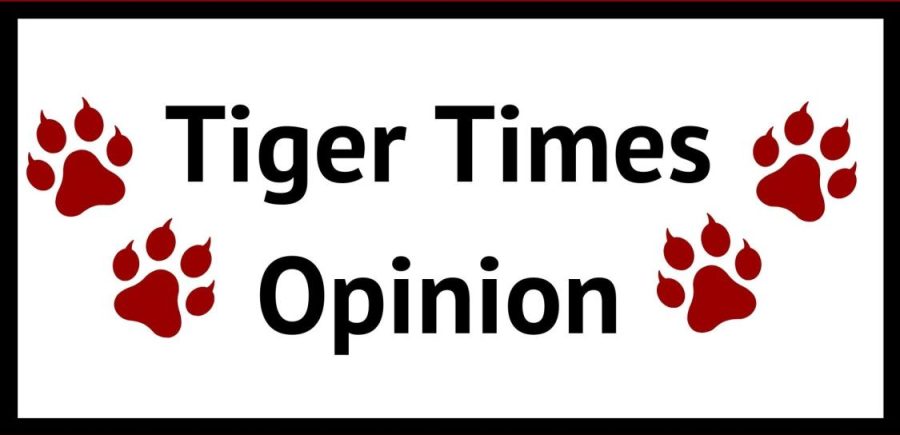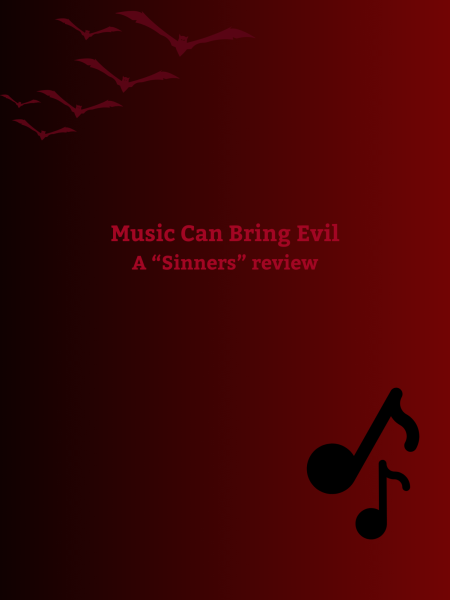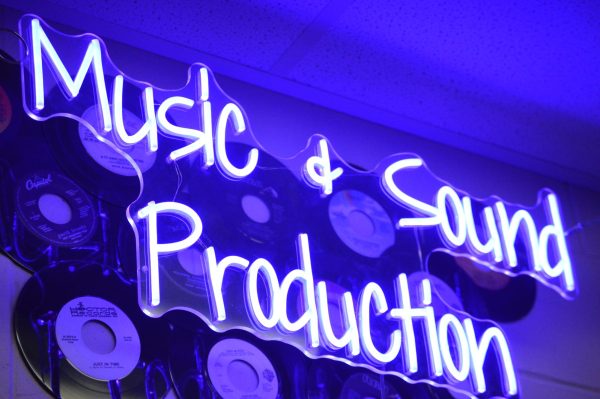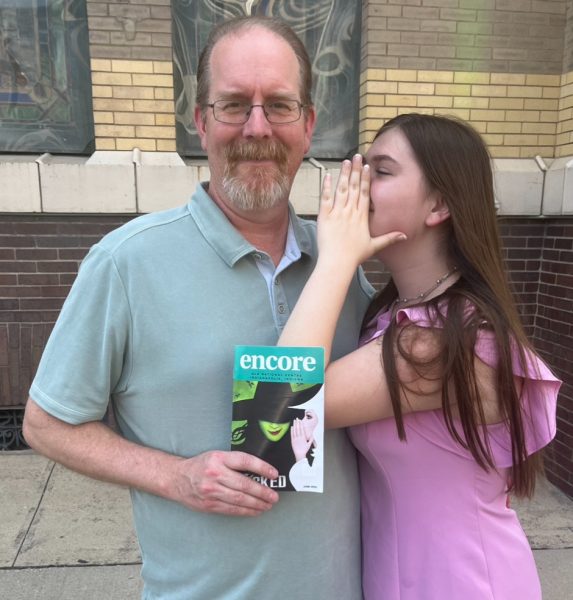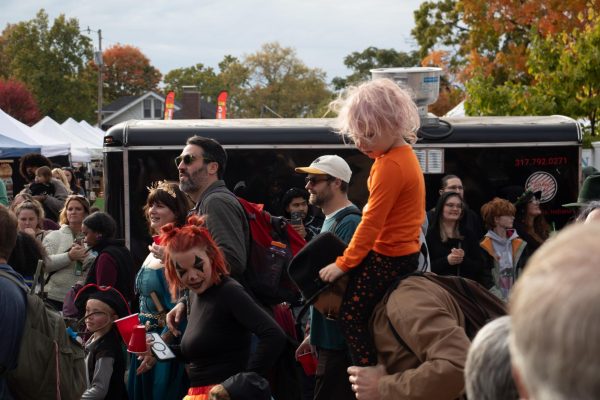Consequences of holiday spirit, specifically towards the end of the year
How Christmas oriented talks impacts students on a day to day basis
How Christmas oriented talks impacts students on a day to day basis.
Veda Thangudu is a junior and Features Editor for the Fishers Tiger Times. Her views do not necessarily reflect those of the newspaper.
As we move closer to the end of the first semester, I come across a lot of conversations in school that are very much Christmas-centered. As someone who does not celebrate Christmas, situations like these can be very exclusive, and adds to my stress of being a minority group in America during a stressful season of exams. I am sure there are many students who feel the same way.
Even though the majority of today’s teens identify as Christians, there are plenty of people who do not. Being celebrated by the majority does not mean it is equitable to have activities in class that relate to that particular holiday. According to Pew research, 63% of today’s teens (13-17) in America identify as Christian, and from this, it can be inferred that there is a high chance that the remaining 37% of people feel left out of Christmas-related activities. More specifically, Fishers has a very diverse population and it is important to make sure the youth feel included, especially in a school setting.
There are other religious holidays that fall around this time, which do not get equal attention in ‘inclusive’ classrooms. Some such holidays include ‘Hanukkah’, ‘Kwanzaa’, ‘Sankranthi’ and ‘Dia de Tres Reyes’. When there are no discussions about these holidays, and what students plan on doing on those days, the question arises on why it is a different case for Christmas.
Even for the people who celebrate it, the holiday is not the happiest for all. For many, it is a day of remembrance and can spike feelings of grief and depression. Therefore, understanding that Christmas is not the most joyful time for everyone in the community is crucial. Teach hungry movement, a blog that is dedicated towards providing resources for high school social studies teachers to help become social justice educators, states, “Considering equity, cultural responsiveness, diversity and inclusion, Christmas has no place in public schools.” Hamilton Southeastern Schools also believes in providing all students with a safe and equitable environment in school.
Students who do not celebrate Christmas are reminded constantly that their beliefs and traditions are not culturally dominant. Discussions and activities like these only counteract the situation and remind them that they are a minority group.
Although it can be argued that the First Amendment protects freedom of religion among the residents of the U.S., it is inequitable for classroom activities to revolve around Christmas. As a solution to the issue, Christmas discussions can be cut off in lesson plans. But that would spike another problem of not educating students on what and how people celebrate their religious holidays. Therefore, the key is to talk about and educate people about a plethora of holidays, not just one. Along with bringing awareness, it also helps develop respect towards people with other practices and traditions. This does not mean it is appropriate to talk about different holidays and then talk about Christmas, but to educate about each significant holiday of various religions as they occur.

Veda is a senior at FHS, it is her second year as Features editor and first as Online copy editor for the Tiger Times. She is also one of the directors...


